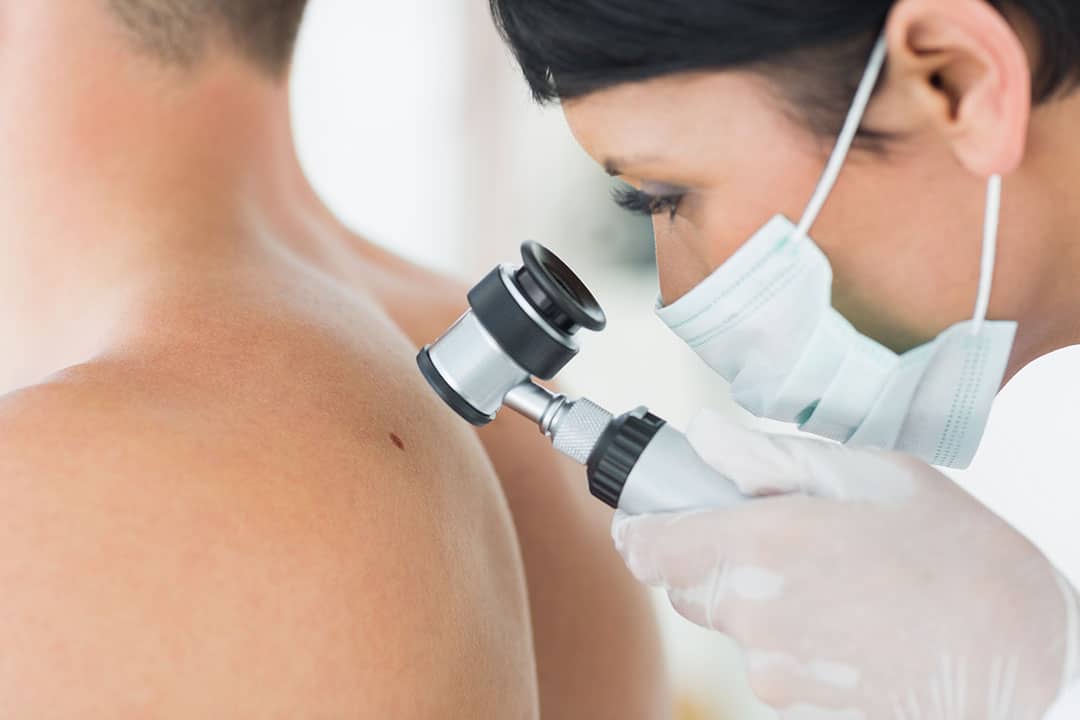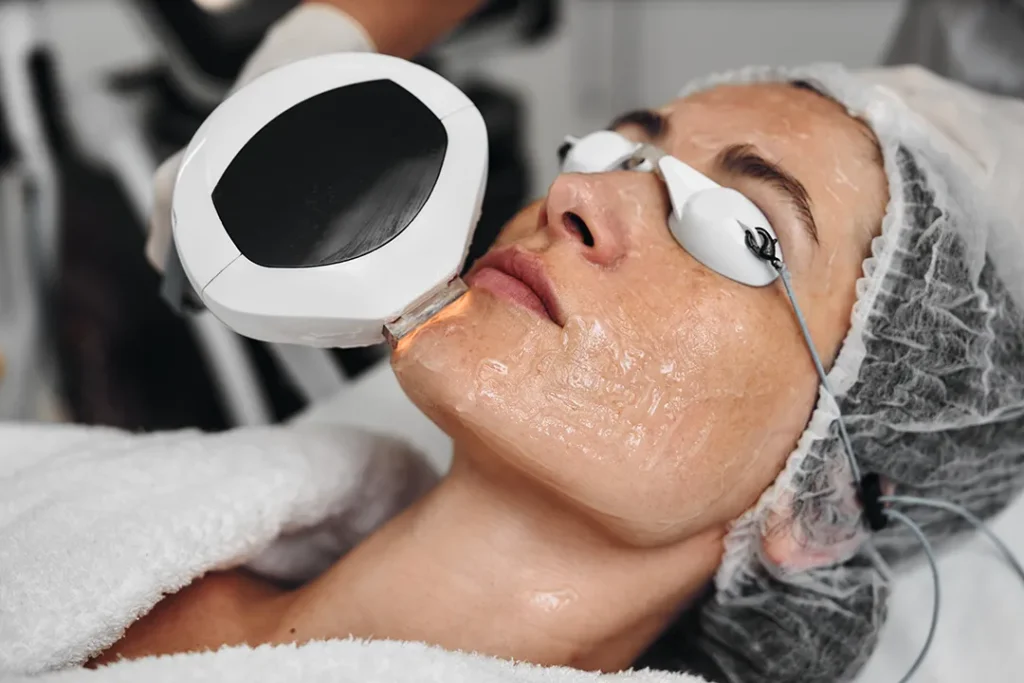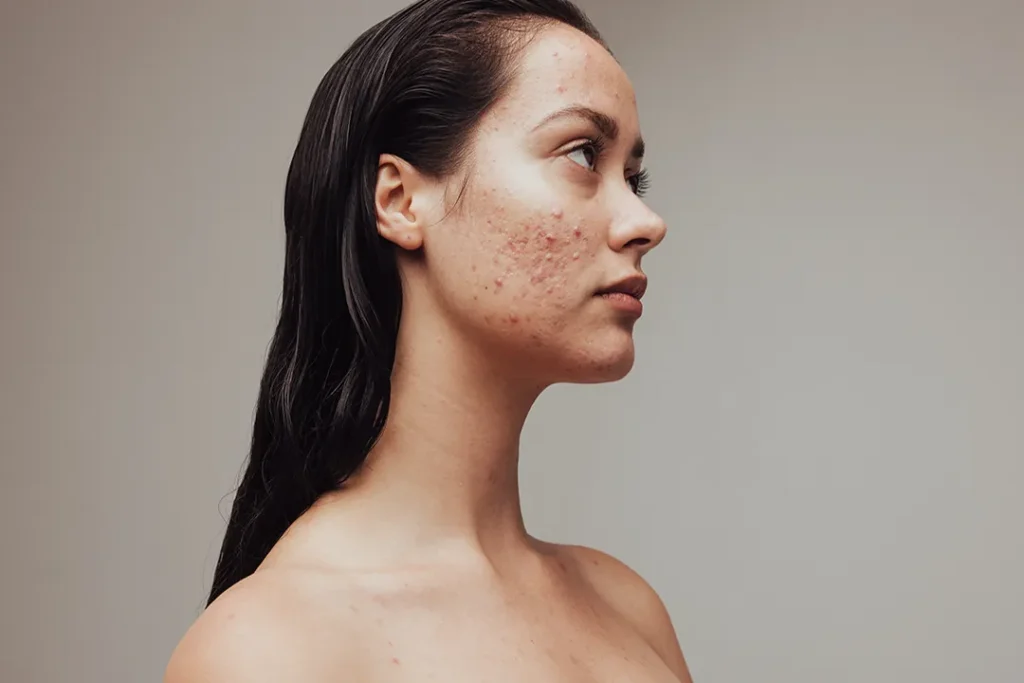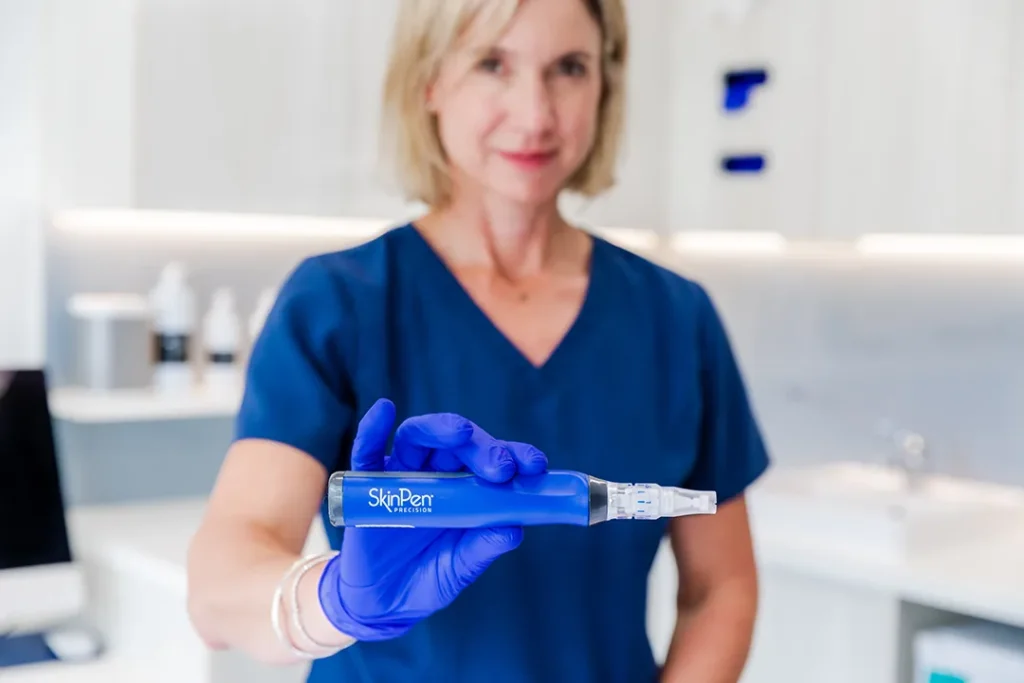Skin Doctors Are Expensive
The cost of consulting with a skin doctor in Australia depends on a variety of factors, such as whether you will see them in a public or private setting and what kind of services you require, i.e. medical or cosmetic. Medicare rebates often apply as long as the consultation is of a medical nature. With private practices, like the Austin Clinic, medical consultations receive a Medicare rebate however there is still an out of pocket cost. With bulk billing clinics there is no out of pocket cost. Private insurance may cover some treatments performed in-hospital, but not in other settings. “Our staff are very familiar with insurance questions and can provide helpful guidance,” says Dr Austin.
Another way to look at the cost of an appointment with a skin doctor is an investment. “An investment in monitoring your skin health and taking care of the largest organ of the body is a good one,” says Dr Austin. “Regular visits and consultations make it more likely that any problem will be caught early before it becomes catastrophic … and expensive.” This applies to both medical and cosmetic treatments.
You Can Be Your Own Skincare Specialist
No-one knows your skin better than you do, right? Wrong. Skincare doctors are trained to see what a layperson’s eye may miss … and that includes signs of skin cancer, the scourge of Australia. It’s true that some skin problems, such as dry skin, are straightforward and can be recognised and treated with over-the-counter remedies. “The problem arises with less easily recognised skin problems,” warns Dr Austin. “There are nuances to skincare that require expert analysis at least once per year.”
Any Doctor Can Treat Skin Effectively
Many people may say they can treat skin problems, but only some of them have been trained professionally to diagnose and treat skin. To become a skin doctor, it is necessary to be a registered medical practitioner who has resident status in Australia, and to complete specific additional training courses through institutions such as the Skin Cancer College of Australasia.
In other words, skincare demands specific medical knowledge and specialised training that goes beyond the scope of basic medical training. The best skin doctors also share an ongoing dedication to staying current in the field. Dr Austin received her diploma in Practical Dermatology (Honours status) from the University of Wales, “But I consider dermatology an ongoing education,” she says of the masterclasses and seminars she attends regularly.
Skin Doctors Only Treat Severe Skin Problems
This is a dangerous myth and one that we need to stop in its tracks right here, right now. “Skin doctors are trained to diagnose and treat skin diseases, including skin cancer, so patients can enjoy a long lifetime of skin health and beauty,” explains Dr Austin. “The goal of an annual skin check is to ensure that there is no disease.”
Beyond this vital exam, skin doctors are trained to treat conditions such as eczema, dermatitis, psoriasis, rosacea or acne, as well as more cosmetic concerns such as ageing skin and hyperpigmentation. “A skin doctor is the doctor to see for skin, hair, and nail problems,” says Dr Austin.
Results are Always Fast
Often, skin clinics promote their services with catchy phrases including instant results … but can they deliver what they promise? Yes, in the case of skin beauty. Treatments including microneedling, Hydrafacial, and SkinPen do deliver fast results with very little or no downtime. The same is true for a simple medical procedure such as the removal of a mole or skin tag.
Other skin-related concerns, however, such as nail fungus, rashes, and hair loss cannot be waved away with a magic wand (or laser). “All good things take time, including optimizing your skin health … so patience is key,” a California-based practitioner told Insider.com. If a provider promises you something that sounds too good to be true and you can’t find anyone else making similar claims, run, don’t walk, to the nearest exit.
Over-the-Counter Skincare Products Are as Good as Prescription
If you’ve used an over-the-counter medication to clear a breakout, or used a store-brand moisturiser on your chapped hands, you may have had a good result. These are, after all, minor skin problems. When it comes to more complex skin disruptions, prescription medications are always superior. Why?
Some OTC products have the potential to make skin problems worse, because their formulations are not appropriate to the condition you may be fighting. In addition, “Prescription medications and cosmeceutical skincare may contain higher percentages of key healing ingredients,” explains Dr Austin, “They are also more likely to be free of irritating ingredients.” Take Austin Skin’s Ban the Blemishes Kit. It is a well-balanced skincare regimen designed specifically for spots.
Believe This: Austin Clinic Can Help Your Skin Look Radiant
Do you have questions about caring for your skin? Are you overdue for a skin cancer check? At Austin Clinic, our trained medical team and support staff are here to help. Contact us today to set up a see-you-soon appointment.




